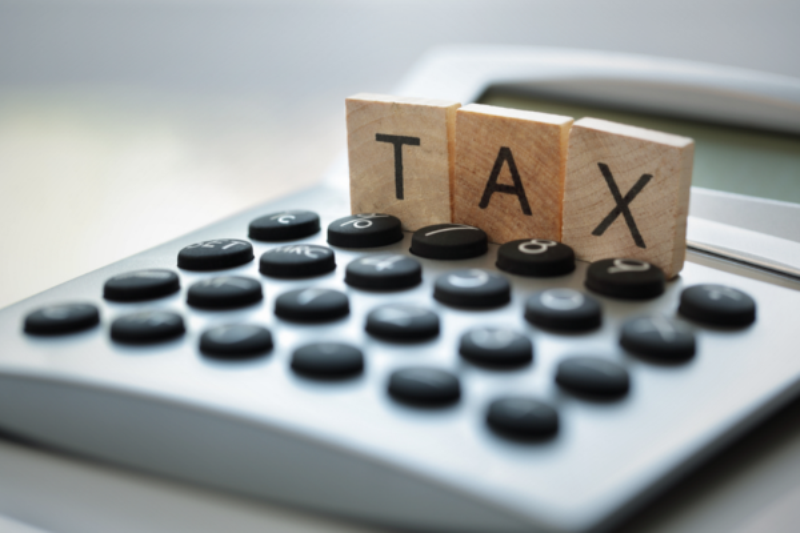- Viable Tax System Vital to Revenue Drive –CITN
The Chartered Institute of Taxation of Nigeria and the Lagos State Internal Revenue Service have emphasised the importance of tax compliance as the country steps up its revenue mobilisation drive.
The bodies, therefore, said getting taxpayers enlightened on their responsibility in paying taxes was part of the social contract between citizens and the government.
They said this would help taxpayers to understand their obligations under the various tax laws.
Official of the CITN and the LIRS spoke at a joint taxpayers’ enlightenment programme organised in Lagos recently.
It was the second tax compliance sensitisation series to be organsed by the institute.
The event, which focused on how to file tax returns, was tagged, “Joint taxpayers’ education and enlightenment programme.”
The President, CITN, Dr. Teju Somorin, said filing of tax returns was an important component of the tax compliance process.
She said, “It is our expectation that at the end of this programme, taxpayers would be able to understand the process involved in filing of tax returns in a prescribed manner, timing for payment of taxes, applicable penalties and sanctions for tax default.
“A viable tax system is the panacea to our revenue mobilisation challenges with every stakeholder playing their part. It is in this regard that we have enlisted the partnership of the LIRS being a tax agency of government to be a part of this programme.”
She explained further that although the programme was meant to enhance tax compliance and assist taxpayers to make informed decisions in handling their tax affairs, the institute had no intention to take over the responsibilities of the tax authorities but to support them in ensuring that taxpayers were better informed.
“This in our view will bring about a better understanding of their rights and obligations as taxpayers thereby engendering increased compliance and reducing, if not eliminating, the tendency to default in payment of taxes,” she added.
Somorin, who noted that taxes were the ingredients of a civilised and functional society, said the time was ripe for the government to review the existing tax laws in order to remove “obsolete provisions and ambiguities.”
According to her, the laws have been structured in such a way that makes it difficult for a layman to understand the provisions.
The Executive Chairman, LIRS, Mr. Ayodele Subair, who was represented by the Director, Special Duties, Mr. Owolabi Kamson, said the state would partner relevant stakeholders to enhance tax compliance in the state.
According to him, the state will continue to do everything to make tax payment easy and convenient for the people.
The Dean, Tax Policy and Administration Faculty, CITN, Chris Onyegbule, in his presentation, said Nigeria’s tax-to-GDP of 6.1 per cent was very low.
He said, “The current tax-to-GDP ratio is 34 per cent on the average for Organisation for Economic Cooperation and Development countries; average of 16.8 per cent for developing countries under tax reform. Unfortunately, the rate is 6.1 per cent for Nigeria.
“The size of the informal sector in Nigeria is estimated at about 60 per cent of the GDP. The implication is that the untapped tax potential in Nigeria resides in the informal sector and in personal income tax.”


 Forex3 weeks ago
Forex3 weeks ago
 Naira3 weeks ago
Naira3 weeks ago
 Billionaire Watch2 weeks ago
Billionaire Watch2 weeks ago


 Naira3 weeks ago
Naira3 weeks ago




 Naira2 weeks ago
Naira2 weeks ago




 Naira1 week ago
Naira1 week ago




 Naira4 weeks ago
Naira4 weeks ago
 Banking Sector4 weeks ago
Banking Sector4 weeks ago























